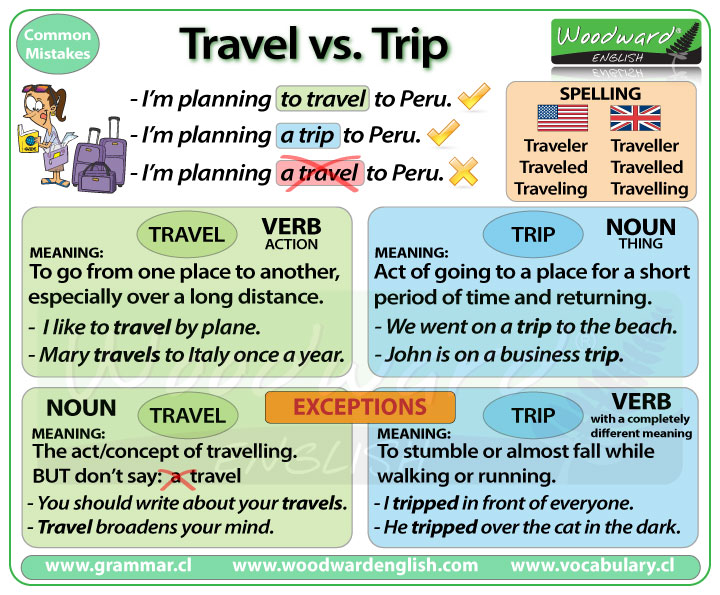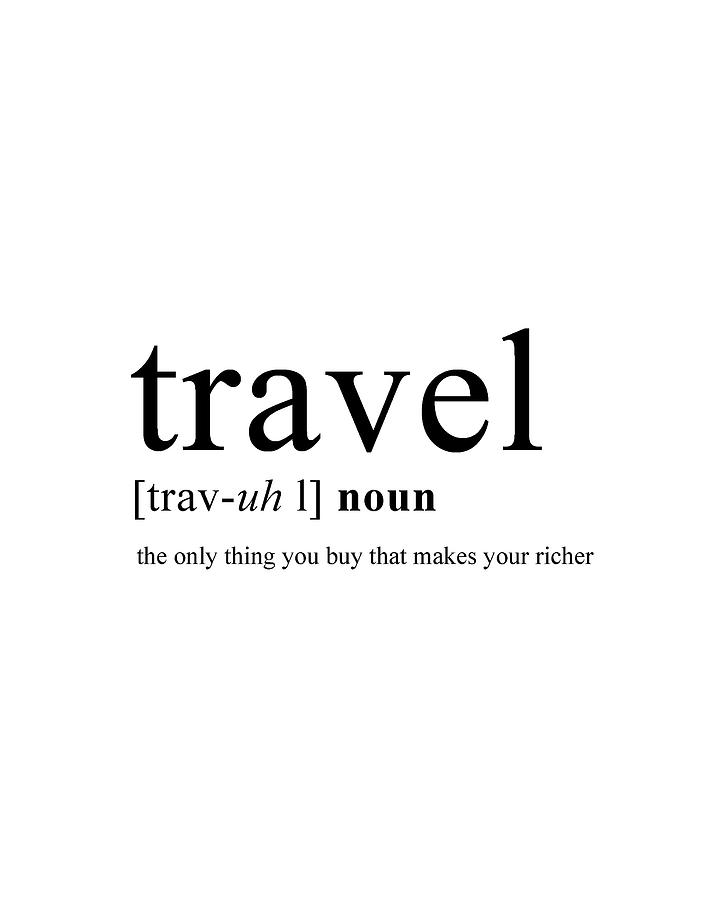What Does “Travel” Really Mean? Exploring the Essence of Travel and its Impact
Travel. It’s a word that evokes images of adventure, exploration, and discovery. But what does it truly mean to travel? For some, it’s an escape; for others, it’s an essential part of their lifestyle. Regardless of the reasons, travel has a profound impact on our lives. In this article, we will break down the true meaning of travel, how it affects us, and the many ways in which it shapes our experiences.

The Meaning of Travel: More Than Just Moving from Point A to Point B
At its core, travel is the act of moving from one place to another, whether it’s for leisure, business, or necessity. However, the meaning of travel goes far beyond simply reaching a destination. Travel is about the experiences you gain, the people you meet, and the emotions you encounter during your journey.
The Emotional Aspect of Travel
For many, travel is an emotional journey. It’s about broadening perspectives, embracing new cultures, and stepping out of your comfort zone. Every trip can be a personal transformation. The landscapes, food, languages, and customs you encounter can alter your worldview and provide a sense of renewal.
Travel vs. Trip: What’s the Difference?
Many people often use “travel” and “trip” interchangeably, but they have slightly different meanings. The key difference lies in the duration and experience.
- Travel refers to the broader concept of going from one place to another. It could be long-term and involve immersion in a new culture or environment.
- A trip, on the other hand, is generally a shorter, more specific journey. It might involve going on a vacation for a week or attending a conference for a few days.
While both involve moving between locations, travel is often about the process, while a trip is focused on the destination.
Why People Travel: The Many Motivations
People travel for different reasons, and understanding these reasons can help deepen your appreciation for the journey itself. Here are some of the most common motivations behind travel:
1. Escape and Relaxation
One of the most common reasons people travel is to escape from the stresses of everyday life. Whether it’s a beach vacation, a peaceful countryside retreat, or an island getaway, many people travel to relax, unwind, and recharge. Traveling gives them a chance to step away from their routines and focus on their well-being.
2. Adventure and Exploration
For some, travel is all about adventure. Hiking up a mountain, scuba diving in the deep blue, or backpacking through unknown territories—these activities allow people to push their limits and explore the world in exciting ways. Adventure travel has become a major trend, as more people seek experiences that get their adrenaline pumping.
3. Cultural Immersion
Traveling to experience different cultures is another driving force behind why people travel. Many individuals seek to immerse themselves in the customs, traditions, and lifestyles of new destinations. Whether it’s learning to cook local dishes, participating in religious festivals, or simply chatting with locals, cultural immersion allows travelers to gain a deeper understanding of the world.
4. Education and Learning
Educational travel has become increasingly popular as people travel to learn. Whether it’s for academic purposes, such as attending a seminar or study abroad, or for personal growth, such as learning a new language or skill, traveling for educational purposes provides a deeper connection with the world.
![]()
The Benefits of Traveling: Why You Should Travel More
The benefits of travel go far beyond the joy of new experiences. Traveling can have significant advantages for your mental health, physical health, and overall well-being.
1. Mental Health Benefits
Travel has been shown to have a positive effect on mental health. Taking a break from your daily routine allows you to recharge, reduce stress, and increase feelings of happiness. New experiences can stimulate the mind and improve cognitive function, creativity, and overall mood.
2. Physical Health Benefits
Believe it or not, travel can also be beneficial for your physical health. Walking around cities, hiking in nature, or exploring new terrain often requires physical activity, which can help maintain or improve fitness levels. Additionally, travel often involves eating healthy, fresh food, and getting more sunlight, both of which can contribute to better health.
3. Stronger Relationships
Travel is also a great way to strengthen relationships. Whether it’s a family vacation, a romantic getaway, or a trip with friends, sharing new experiences together creates lasting memories and fosters stronger connections.
How to Make the Most Out of Your Travel Experience
To truly get the most out of your travels, consider these tips:
1. Plan Ahead, But Be Flexible
While it’s important to plan ahead, flexibility is key. Sometimes, the best experiences come from unplanned moments. Allow yourself the freedom to go with the flow, and be open to discovering unexpected places.
2. Engage with Locals
One of the most rewarding aspects of travel is meeting new people. Engaging with locals can give you a deeper insight into the culture and history of a place. Whether it’s striking up a conversation in a café or joining a guided tour, connecting with locals enriches your journey.
3. Pack Light, But Smart
Packing efficiently can make your trip more enjoyable. Focus on the essentials and bring versatile clothing. Consider using packing cubes or organizers to keep your items neat and easily accessible.
4. Document Your Journey
Travel is all about creating memories. Keep a journal, take pictures, and record your experiences. Whether it’s a travel blog or a photo album, documenting your travels allows you to relive the moments long after you return home.
Common Travel Misconceptions
There are many misconceptions about travel that can discourage people from going on their dream trips. Here are some common myths:
1. Travel is Expensive
While some destinations can be costly, travel doesn’t have to break the bank. With careful planning, you can find affordable accommodation, meals, and transportation. Consider off-season travel or choosing budget-friendly options.
2. You Need to Travel Far to Have an Adventure
Adventure doesn’t require traveling to exotic destinations. Even local explorations can lead to incredible experiences. You don’t need to fly halfway around the world to find excitement—sometimes the best adventures are right in your own backyard.
3. You Need Time Off to Travel
You don’t need a long vacation to travel. Weekend trips, day trips, or even a few days away can provide meaningful experiences. Even short getaways can provide a sense of relaxation and adventure.
Frequently Asked Questions (FAQs)
1. What is the best time to travel?
The best time to travel depends on your destination and the type of experience you want. Off-season travel is usually more affordable and less crowded, while peak seasons offer vibrant festivals and events.
2. How can I travel safely during the pandemic?
Follow local guidelines and travel restrictions, and prioritize safety by wearing masks, washing your hands, and maintaining social distancing. Researching the safety measures of airlines, accommodations, and tourist spots is also essential.
3. What are the benefits of solo travel?
Solo travel offers a sense of independence, personal growth, and the ability to explore at your own pace. It can also provide opportunities for self-reflection and building confidence.
Conclusion: Travel as a Journey, Not Just a Destination
In the end, travel is not simply about the destinations you visit, but about the experiences you gain along the way. It’s about broadening your horizons, embracing new cultures, and connecting with people from all walks of life. Whether you’re traveling to unwind, explore, or learn, the benefits of travel are far-reaching and lasting. So, what are you waiting for? Your next adventure is just around the corner!

